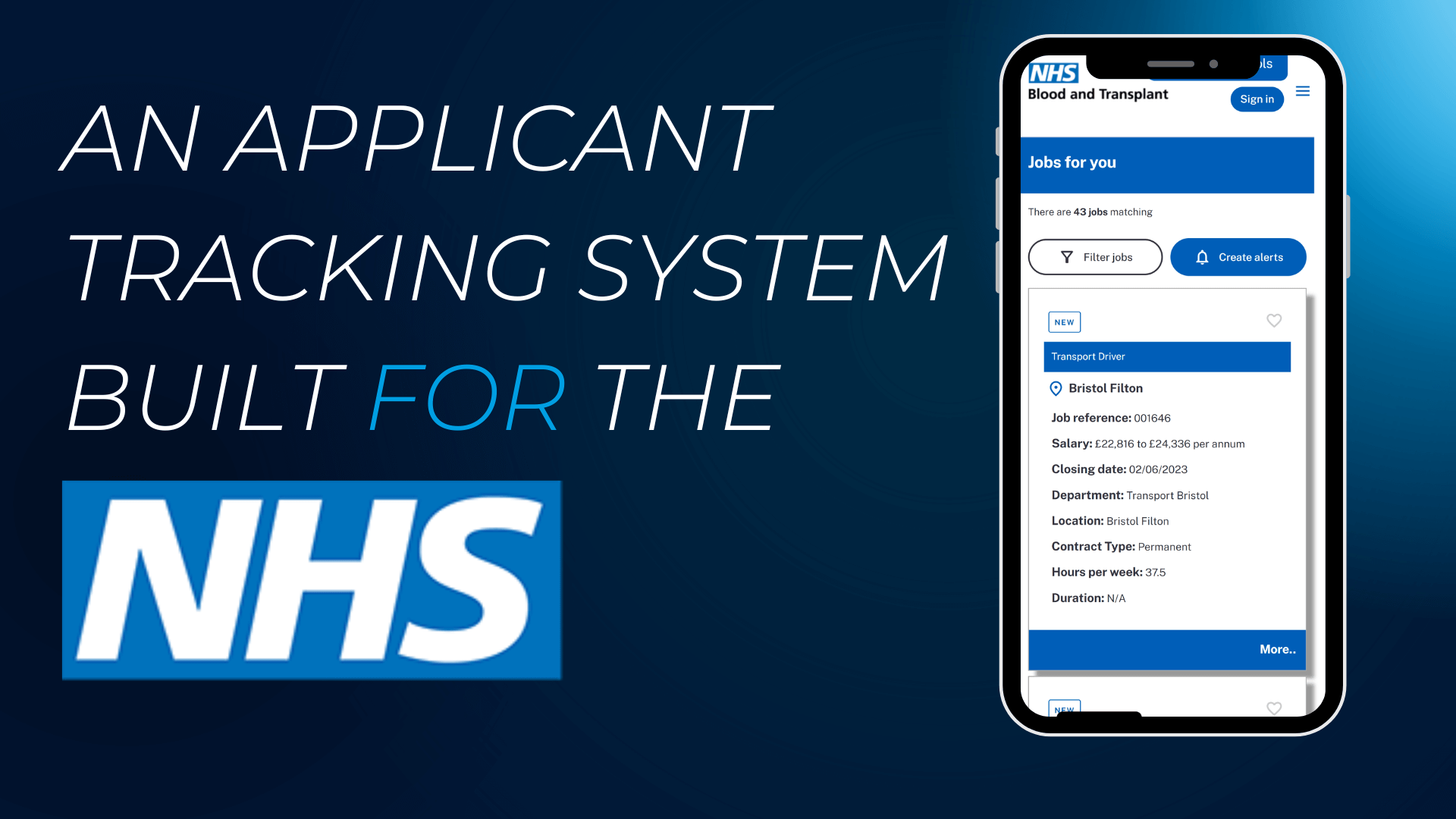1 - Understanding the challenges of NHS recruitment
2 - The role of technology in NHS recruitment
3 - Best practices in NHS recruitment
In the evolving landscape of healthcare, the NHS's recruitment strategies are under the microscope. With the release of the NHS Workforce Plan in June 2023, a new era of recruitment approaches is on the horizon. This article delves into the nuances of NHS recruitment, drawing on relevant statistics and insights from the sector.
Understanding the challenges of NHS recruitment
The NHS faces a myriad of recruitment challenges, from attracting the right talent to navigating complex compliance requirements. A pivotal aspect of addressing these challenges lies in understanding and utilising effective recruitment tools and strategies.
The attraction equation
Attracting the right talent is a cornerstone of successful recruitment. According to latest figures from NHS Employers, the NHS in England still has a huge number of vacancies to fill with 112,000 vacancies in June 2023, highlighting the urgent need for effective recruitment strategies. This underscores the importance of reaching potential candidates through diverse channels, beyond traditional platforms like NHS Jobs.
 Streamlining the recruitment process
Streamlining the recruitment process
The time-to-hire is a critical metric in recruitment efficiency. According to KPMG, the average time-to-hire in the NHS is over 75 days and in some cases as high as 131 days from offer stage to their first day. This prolonged process can deter potential candidates and exacerbate staffing shortages. Therefore, implementing systems and processes that expedite and streamline recruitment is vital.
Navigating compliance and regulation
Compliance with NHS regulations is non-negotiable, and ensuring adherence to these regulatory standards is a top priority throughout the recruitment process. Robust systems and processes must be in place to keep pace and guarantee that every candidate is thoroughly vetted and meets the necessary requirements.
The role of technology in NHS recruitment
In the realm of NHS recruitment, technology plays a pivotal role. The integration of innovative recruitment tools can significantly enhance the efficiency and effectiveness of the hiring process. From AI-driven analytics to automated workflows, the potential of technology in transforming NHS recruitment is immense.
Embracing digital transformation
Digital transformation in NHS recruitment is not just about technology adoption but also about a cultural shift towards more agile and responsive recruitment practices. Implementing digital tools can streamline many time-consuming aspects of the recruitment process, such as sorting through applications, scheduling interviews, and conducting initial assessments.
Data-driven recruitment
The use of data analytics in recruitment enables NHS Trusts to make more informed decisions. By analysing trends and patterns in recruitment data, Trusts can identify bottlenecks in their processes and areas for improvement. This approach also helps in predicting staffing needs and planning for future recruitment drives.
Watch how our client - NHS Blood and Transplant - is achieving recruitment success

Best practices in NHS recruitment
To effectively tackle the challenges in NHS recruitment, adopting best practices is essential. These include developing a strong employer brand, enhancing candidate experience, and fostering a culture of continuous improvement in recruitment processes.
Developing a strong employer brand
A strong employer brand is crucial to attract top talent. This involves not only promoting the benefits and opportunities within the NHS but also addressing any misconceptions about working in the healthcare sector. Effective communication and marketing strategies can help in building a positive image of the NHS as an employer.
Enhancing candidate experience
Candidate experience has a significant impact on the success of recruitment efforts. This includes every touchpoint a candidate has with the NHS, from the initial job advertisement to the final onboarding process. Ensuring a smooth, transparent, and respectful process can enhance the reputation of the NHS and attract more candidates.
 Continuous improvement in recruitment
Continuous improvement in recruitment
Continuous improvement is key to adapting to the changing recruitment landscape. This involves regularly reviewing and updating recruitment processes, staying abreast of the latest trends in recruitment technology, and being open to feedback from candidates and staff.
The NHS Workforce Plan sets the stage for a transformative approach to recruitment. By harnessing the right tools and strategies, the NHS can overcome existing challenges and build a robust, efficient recruitment system. This, in turn, will ensure a stable, skilled workforce capable - but reaching that will be tricky! That's why our free downloadable discussion paper on making the NHS workforce plan a reality might come in handy.